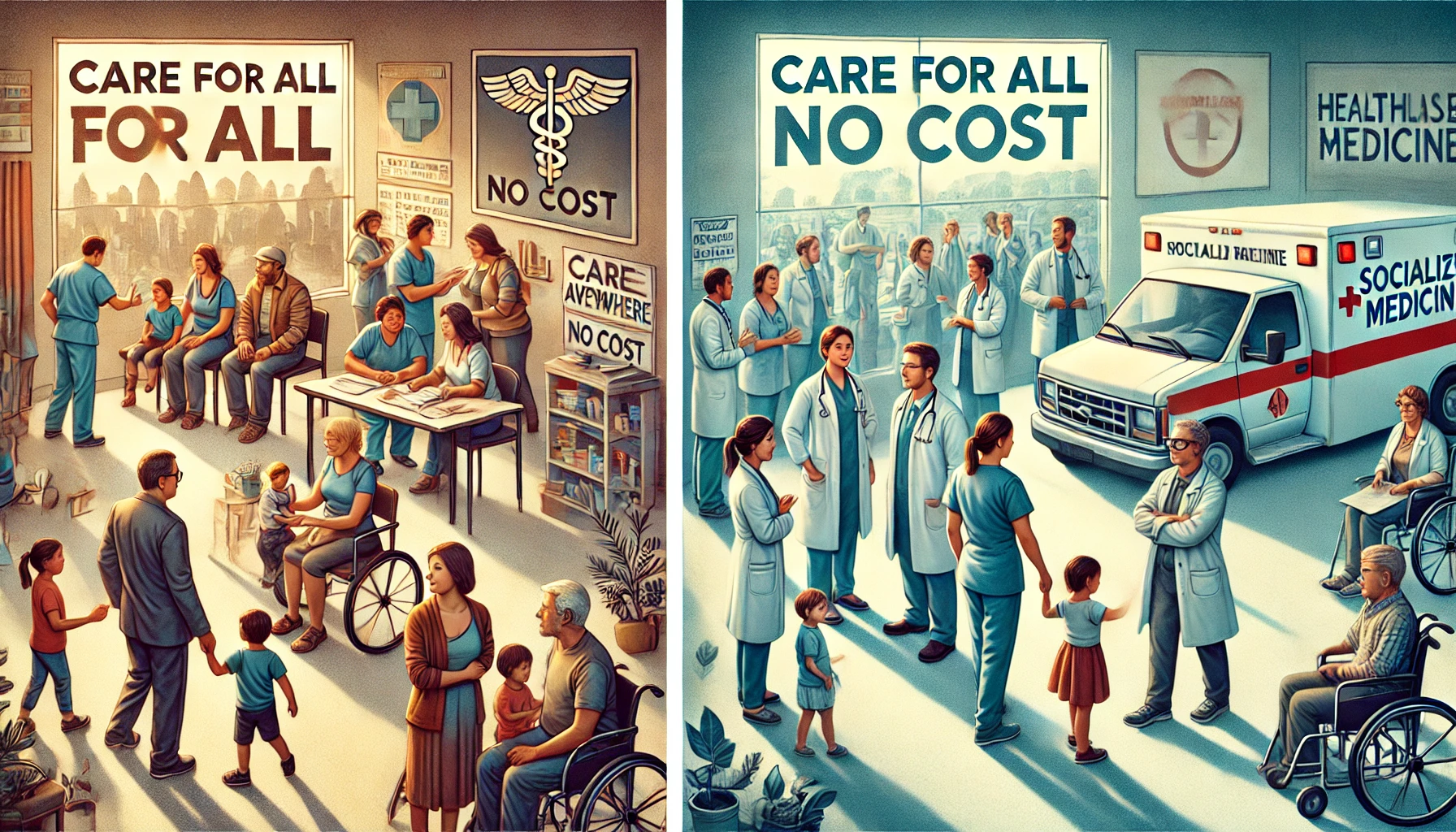One-Dimensional Medicine: Marcuse’s Critique of Capitalism in Healthcare
Herbert Marcuse, a leading thinker of the Frankfurt School, critiqued the “one-dimensional” nature of capitalist societies, where individuals are reduced to consumers. This perspective offers a profound critique of privatized healthcare, which commodifies health and prioritizes profit over patient outcomes.
Marcuse would argue that the capitalist healthcare system alienates individuals from their bodies, treating health as a transactional good. A single-payer system, by contrast, reclaims healthcare as a public good, emphasizing prevention and holistic care rather than profit-driven treatments.
For Marcuse, socialized medicine is revolutionary because it challenges the commodification of human life. It reflects his broader critique of capitalism, advocating for systems that prioritize human dignity and collective welfare. By shifting the focus from profit to people, socialized healthcare aligns with Marcuse’s vision of a liberated society.
Marcuse’s critique reminds us that healthcare reform is not just about policy but about challenging the fundamental values of a capitalist system. A single-payer model represents a step toward a more humane and equitable world.
Originally posted 2024-10-11 23:57:45.



